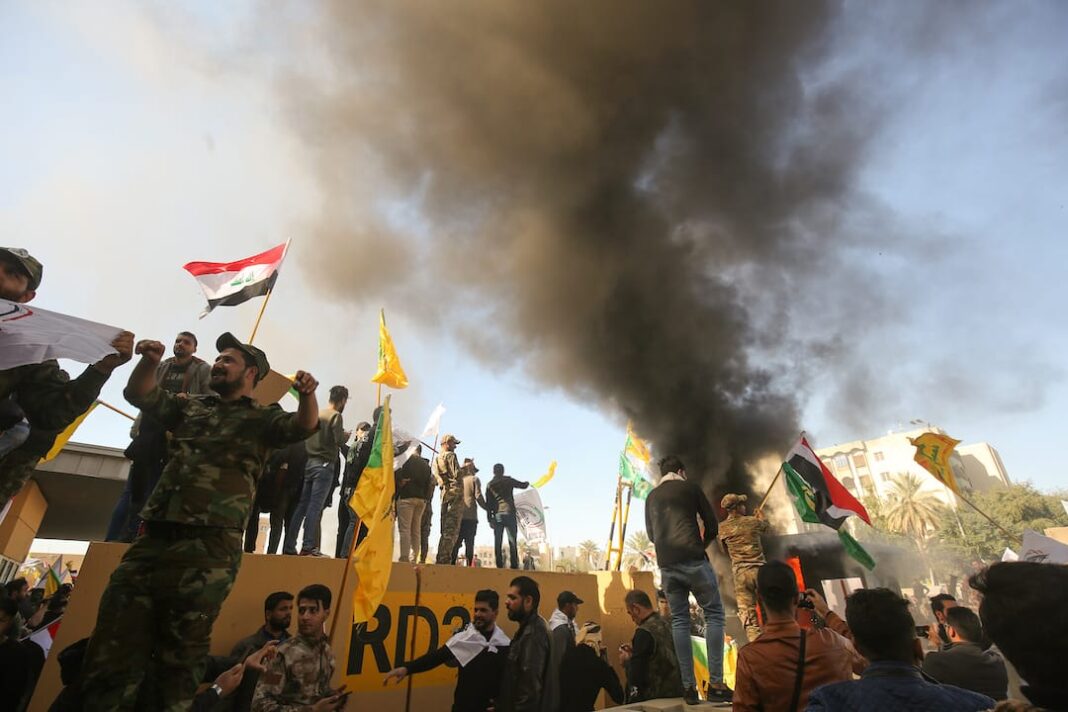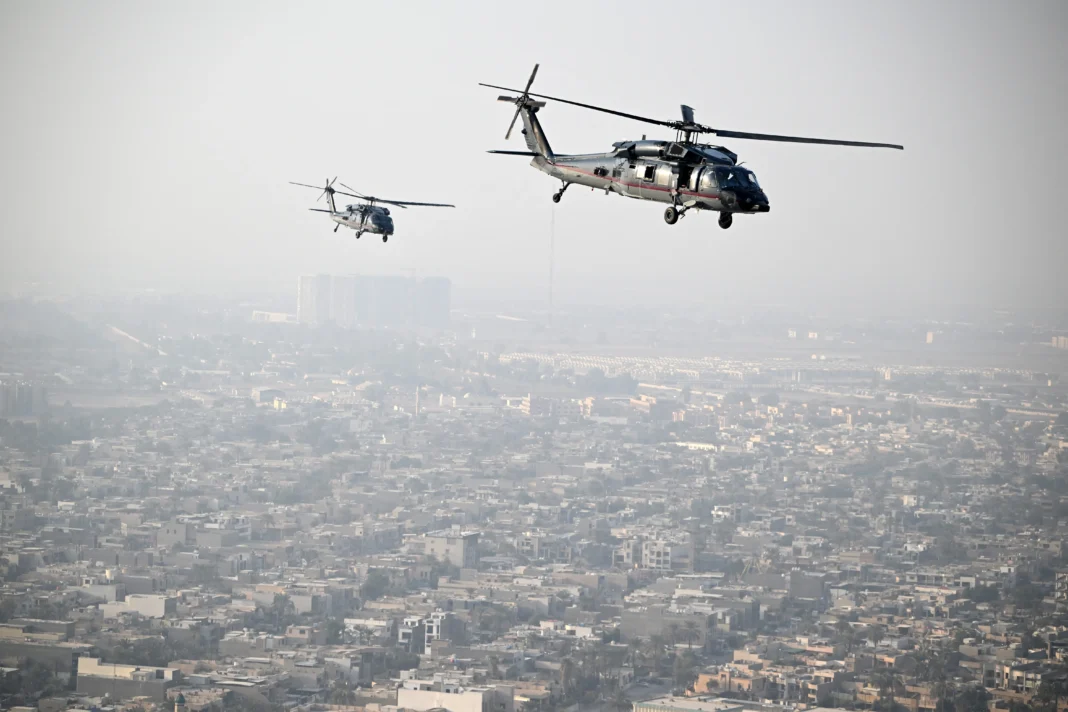Baghdad – Threats against US interests are growing louder as regional tension escalates between Iran and the United States. On Wednesday, Abu Alaa al-Walai issued a sharp warning. He leads Kataib Sayyid al-Shuhada, an Iran-aligned Iraqi Shiite group.
Al-Walai declared that suicide attackers are ready to strike American targets if war erupts. He said, “Hundreds of martyrdom-seekers are waiting.” His statement, widely shared online, made global headlines.
He vowed the United States would face humiliation again. “Just like in Iraq before, they will leave in disgrace,” he added. He continued by predicting regional upheaval. “American agents will find no place to hide in the Middle East,” he said.
He blamed US-backed regimes for instability and predicted their collapse. “Victory will belong to God and His faithful,” he concluded.
Meanwhile, Iran’s defense chief issued another warning. General Aziz Nasirzadeh said Iran will hit US bases if nuclear talks fail. He stressed that Iran has enough power to defend itself.
Consequently, the US Department of Defense has acted swiftly in response to the growing threats. Specifically, officials confirmed that military families can now voluntarily leave several Middle Eastern bases. Notably, these sites fall under the US Central Command, or CENTCOM.
Furthermore, a Pentagon spokesperson emphasized that safety remains the primary concern. “Our top priority is protecting service members and families,” the official said. Meanwhile, CENTCOM is carefully monitoring the evolving situation. Ultimately, Defense Secretary Pete Hegseth approved this precautionary decision.
This move reflects rising fears about a possible conflict. Although war hasn’t started, preparations suggest growing concern. Washington appears focused on avoiding surprise attacks.
At the same time, the region remains tense. Iran-backed groups grow louder. Suicide threats are increasing. Confidence in peace continues to erode.
Threats against US interests are not new, but they now feel more urgent. Iraqi militias and Iranian leaders are uniting their rhetoric. Their goal seems to be maximum pressure on the United States.
Despite these developments, the Pentagon has not announced further action. However, officials may expand safety measures soon.
Threats against US interests continue to shape US policy in the Middle East. The situation remains fragile and highly unpredictable.



